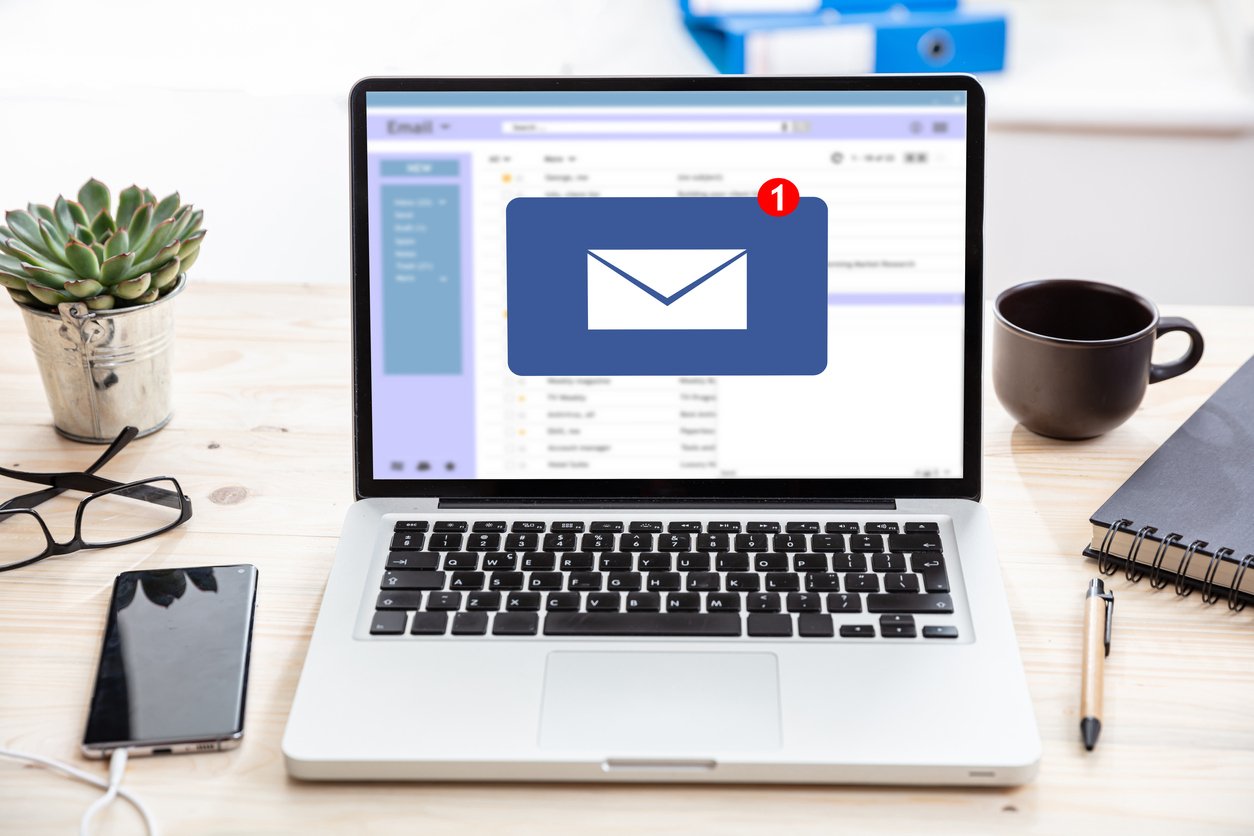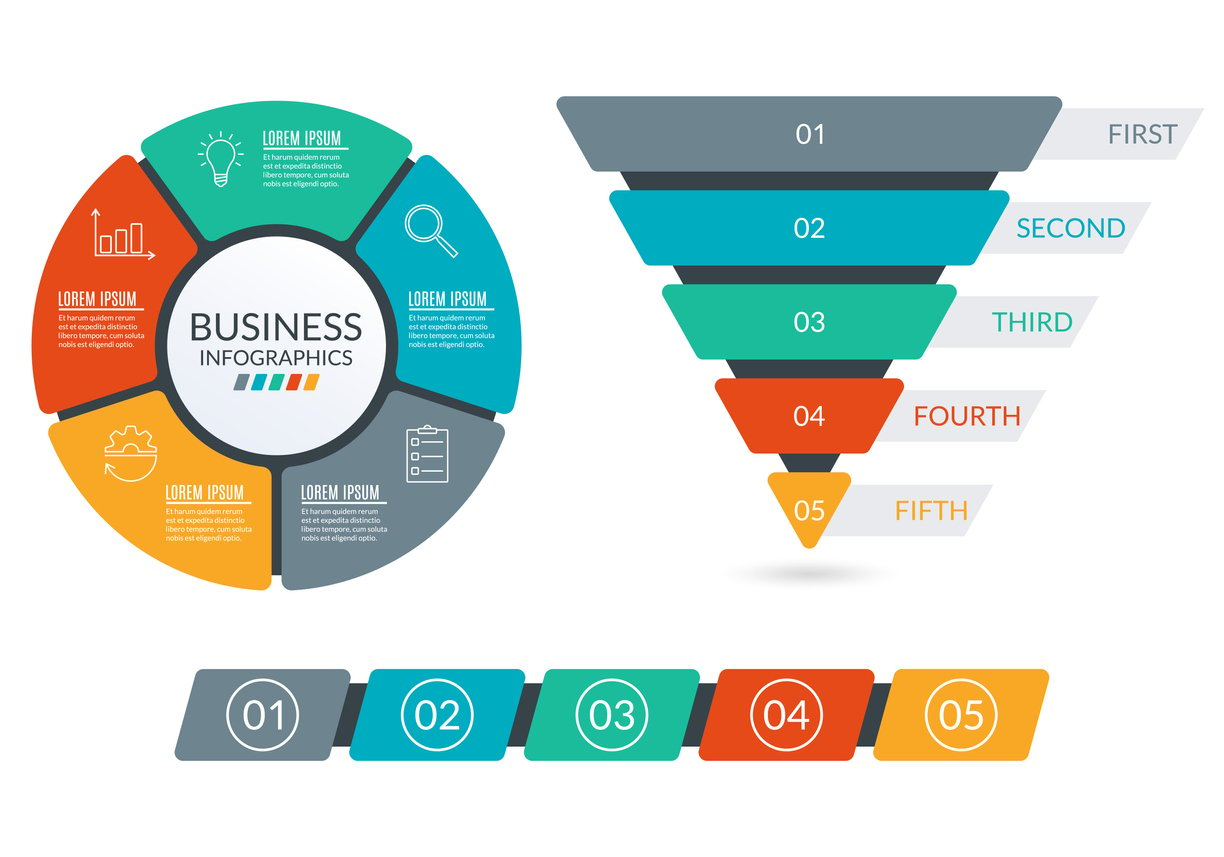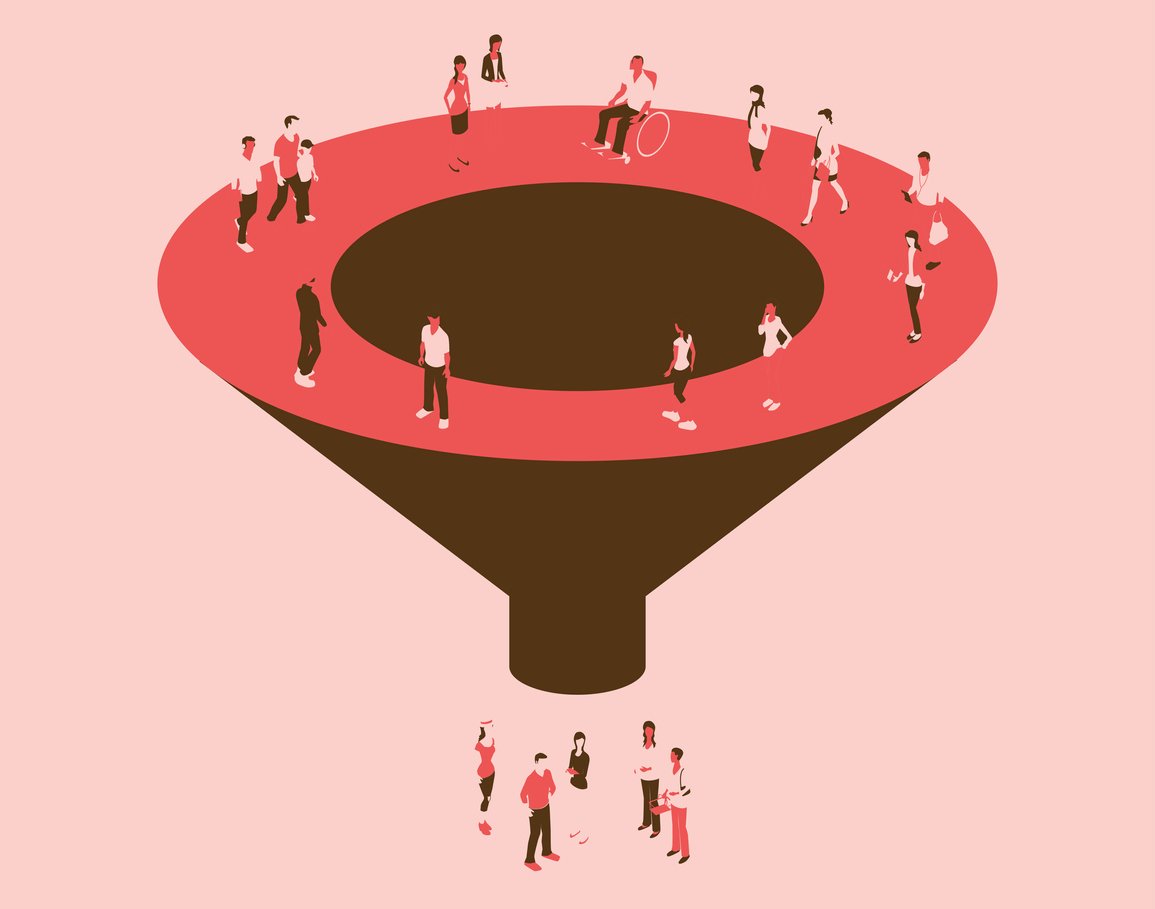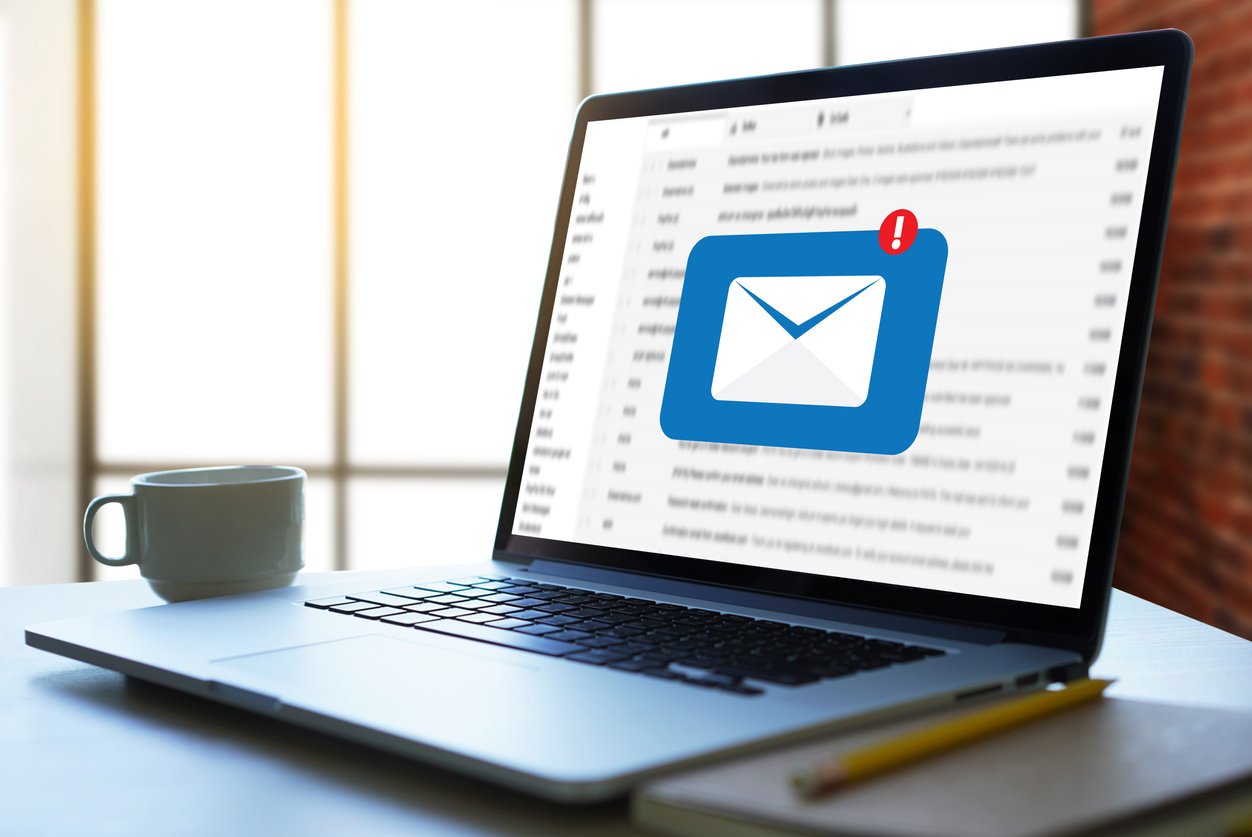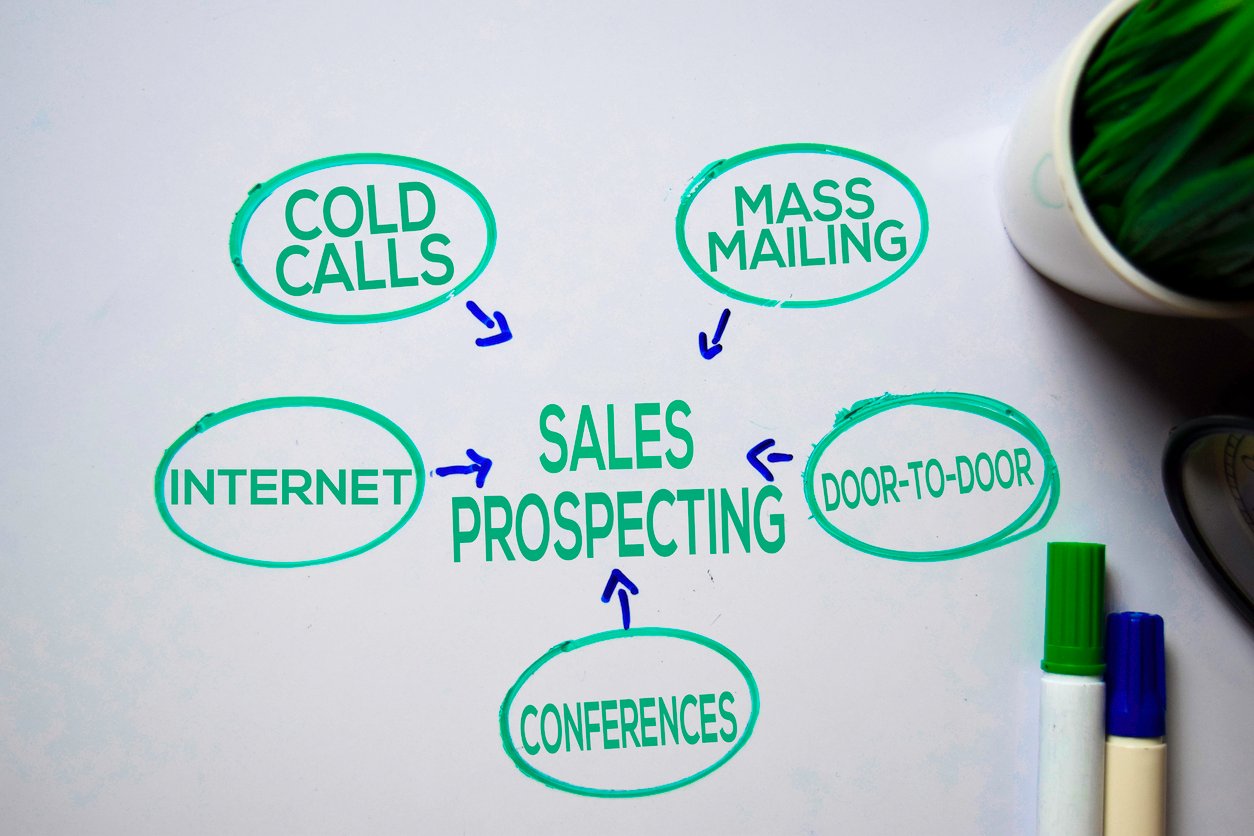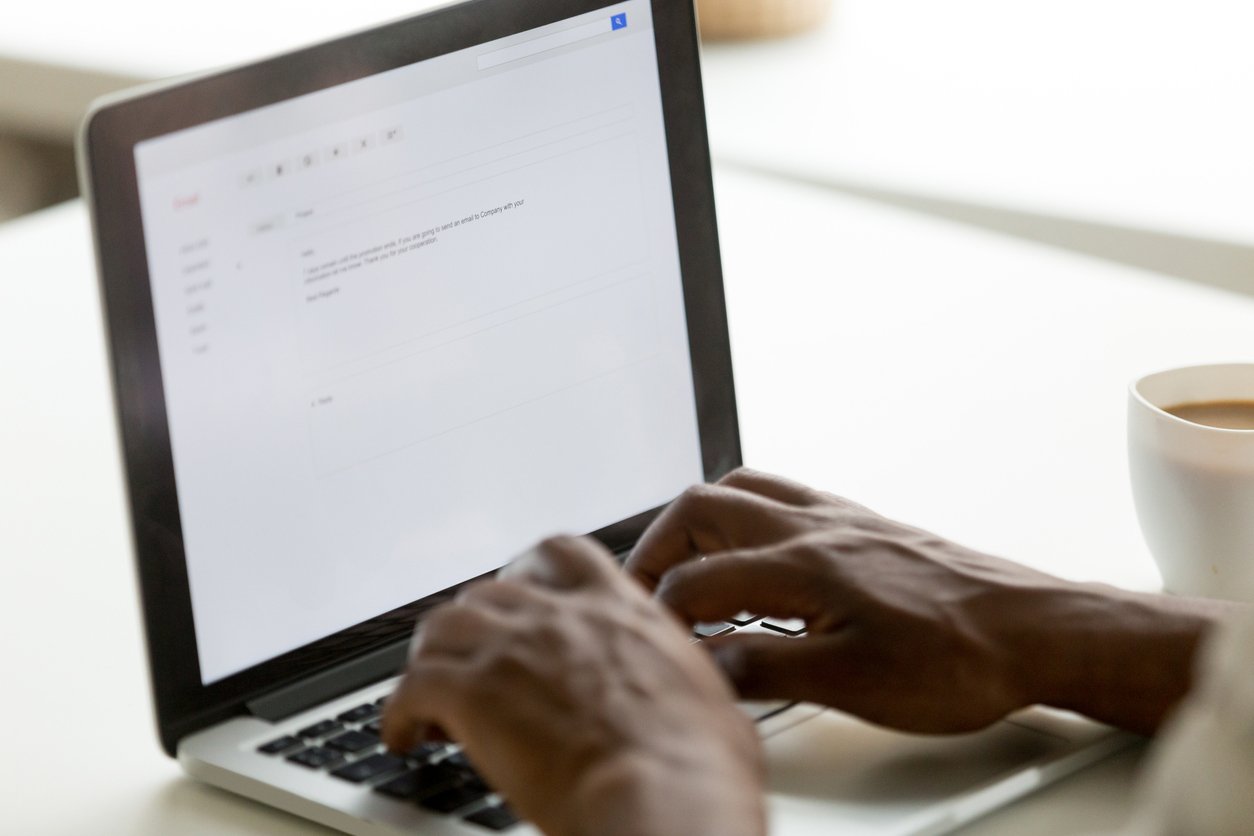
6 Closing Calls Strategies Every Salesperson Needs to Know
 Updated on
Updated on
 By Carlos Correa
By Carlos Correa
Carlos Correa
Carlos has been involved in the sales space for well over ten years. He began in the insurance space as an individual sales agent, managing teams as s...
learn more
Carlos Correa
Carlos has been involved in the sales space for well over ten years. He began in the insurance space as an individual sales agent, managing teams as s...
Table of Contents
Table of Contents
Getting someone off the phone promptly and politely is something that we can all relate to.
In a professional setting, thanking a caller is a great way to start the process of ending a call, but it doesn't always work out successfully.
Sometimes people just keep talking and talking and don't realize what it's like for the person at the other end.
If you work in customer service, you probably know what I'm talking about. At some point, you might've been ready to slam the receiver down (metaphorically, of course, since you're likely not using a landline) in frustration.
Like, come on lady, I've gotta go!
Thankfully, there are better ways to end phone calls, even with customers that can't take a hint, and that's with a closing call statement.
After all, customer service reps have to be available for all their customers and be able to give them all the time and attention that they need. As a result, they have to be able to end calls as quickly and amicably as possible once the customer's issue is resolved.
Salespeople might have a bit more leeway with the amount of time they can spend on the phone, but they still have to pay attention to when the conversation steers toward ending and finish the call with finesse.
In this article, we'll explore more about closing calls, including what good closing call statements look like, and how they are handled in different industries, and finish off with some strategies and examples you can use to create your own.
Sound good? Let's get started!
What Are Closing Calls
Professional calls can be unpredictable, especially if it's a cold call. You're never going to be completely sure about what the person on the other end says, but you can use techniques to keep the conversation on track.
When it comes to closing the call, specific techniques can be used to help end it professionally. These techniques are called closing calls, or closing call statements.
Closing call statements are specific verbiage that a customer service rep or salesperson will use to signal to the customer that the call is ending. Once the main objectives of the call are complete, (i.e. the customer got what they needed) then the closing call statement indicates it's time to finish up the conversation.
Call Closing for Various Industries
Every industry has a unique customer service and sales call cadence, and that can directly affect how closing calls are handled. Let's explore how the closing call process works in different industries by analyzing some techniques that are commonly used.
Insurance
There's no question that selling insurance isn't easy. It's a lucrative career choice for sure, with tons of earning potential, but the sales process can take quite a bit of fine-tuning to get right for each insurance rep.
David Duford of Durford Insurance Group suggests simplifying the offer during the close using one technique of your choice, rather than switching it up. One caveat though is you might want to experiment with different techniques if you're completely new to sales to find one that you like.
David, however, recommends using this closing technique, as it's gotten him quite a bit of success:
"Here are three options in the price range you gave, which one do you like best?
This presents the customer with three options, all of which will land you the sale while ignoring the ahem, other option, which is to walk away with nothing. It works if you've done your homework and listened to the customer beforehand, and presented them with options that fit within their needs and budget, so it doesn't matter which option the customer picks, it'll be of benefit to them.
Financial Services

The financial services industry shares some similarities with insurance in terms of earning potential and benefits, but also difficulty with sales. Getting to the point where you need to close the deal is hard enough, but actually closing the deal is a different story altogether.
The Advisorist suggests three different ways to close deals, each with its own merits and risks:
1. The 2 Kinds of People Close
This approach asks the customer to choose which type of person they want to be: the person who makes assumptions without knowing all the information, or the person who seeks out an experience and then forms an opinion based on it. Basically, it's a technique that is supposed to alleviate pushback by convincing the customer to take a chance.
Here's an example:
"There are two types of people in this world. Those that allow the past to hold them back and those who are willing to take the steps necessary to move into the future."
2. The If/Then Technique
Basically if you let us do [the thing], then you'll receive the [positive outcome]. This outlines in simple terms how the customer putting their trust in your results in good things happening for them. It's a simple, yet effective way to clearly lay out your efforts in front of your customer.
Here's an example:
"If you invest in your future today, then you'll be well on your way to a life tomorrow."
3. The Don't Worry Strategy
This closing strategy uses basic human psychology to help alleviate your customer's concerns by letting them know that others that have made the same decision have seen positive results.
Here's an example:
"Most of my customers go with the basic investment package in the beginning. Once they see firsthand what it can do for them, they always bump it up to the next level. Let's get you set up."
Recruiting
Sure, job searching is difficult, but most people may be surprised to find out that recruiting can be just as taxing as looking for a job! Convincing the perfect candidate to take a job offer means an alignment between the job itself, including the benefits, working hours, skill level, and more, plus what the position actually offers. Asking questions about what the candidate wants is the first critical step, but the next one is actually presenting the offer properly.
LinkedIn's head of recruiting Brendan Browne suggests following these three key techniques to secure the close:
1. Prepare
Ask questions, then ask some more questions. Get to know the candidate and what they want. Really go deep. Oftentimes, candidates want more than just more money - they want a better working environment, better culture, career development, a better role, and more.
Basically, keep asking questions until you fully understand what the candidate is looking for and how you can help them reach that ultimate goal.
2. Instill a sense of urgency
At the end of the day, however, a job isn't going to stay open forever, so it's important to place urgency on the hiring process and remind the candidate that they're just one of many waiting in line for a job. On the other hand, the hiring manager can't sit forever and wait until the candidate that checks all their boxes comes along.
Brendan puts it nicely when he says that recruiters are the "choreographers" of the hiring process, acting as a middle man orchestrating the actions of both the candidate and hiring manager. Placing a sense of urgency on both the candidate and the hiring manager at the appropriate times pushes them both toward the final act.
3. Wait until the candidate is ready to make the offer
Alongside promoting urgency, there's also the plain old fact that the candidate might not be ready to take the offer - at least right now. To figure it out, ask them straight up if money wasn't factored in, would they take the job today. Any hesitation might be a sign that the recruiter has some more probing to do before making the offer.
That probing, however, could uncover the realization that the job just isn't for the candidate. In this case, it's better to cut your losses and move on rather than trying to convince the candidate otherwise.
Call Closing Etiquette

While there are a ton of different ways that closing calls can be handled, it sometimes helps to have a baseline to go off of. Etiquette is important in all professional conversations, so let's dive into a basic cadence of how closing the call could typically work.
- Summarize what was accomplished on the call
- Let the customer know what happens next (if necessary)
- Ask the customer if they need anything else
- Finish with a closing call statement
Summarize What Was Accomplished on the Call
Providing a quick overview of what you and the customer discussed solidifies that
- You've listened to the customer and resolved the problem.
- You've been listening.
- You're organized and have taken responsibility for the actions performed to address the customer's reason for the call.
Let the Customer Know what Happens Next (if Necessary)
Not all customer calls can be wrapped up in a neat little bow of resolution in one phone call. After all, some issues require a follow-up call or several. By reiterating what the next steps are to the customer, you're showing them that you have the situation handled - even if the resolution takes a few extra steps.
Ask the Customer if they Need Anything Else
While it may cause the call to go on a bit longer, asking the customer if they need anything else at the end of the call is especially important for salespeople and customer service reps. It saves the customer from having to call you again later, and it shows that you're interested in making sure all their concerns are addressed efficiently.
Finish with a Closing Call Statement
Finishing off the call with a variation of "thank you for calling" is like the cherry on top of the perfect customer call cake. It's another small way that you can let the customer know that you appreciate their business and end the call on a pleasant note.
6 Call Closing Script and Strategies
Formulating your closing call script will require careful consideration of how your typical sales or customer service process works, and molding your script to fit within that process.
For example, if your sales process is quite long, which is typical for B2B, you won't be using your closing call script on the first call. Instead, you'll likely be adding layers to the script to account for multiple conversations.
On the other hand, your sales process might be pretty short, as is typically the case with B2C, which means you'll likely be using your entire script in one call.
Whichever the case, you'll need a closing call script for a baseline.
Here are six effective examples for closing the call that include common sales closing techniques:
Time Sensitive Close
If you've been building up a sense of urgency throughout the call (or multiple calls) with the customer and are ready to give them another nudge towards saying "yes" to the offer, then this closing call script is for you. Using phrases like "for a limited time" or "only available until [date]" further adds to the urgency of them making a decision now rather than later.
"I want to make sure you're aware that [sale/discount/offer] is only available until [date]. I can secure this [deal/offer/discount] for you right now so you don't miss out."
Options Close
The main focus behind this closing technique is to give the customer a choice between 2-3 options that you've identified will work for them. This attempts to prevent a simple "yes" or "no" response and instead direct them toward choosing a product.
Think of it this way, the customer is in a room with four doors, three of them being labeled with a number, and the fourth sort of hidden away out of view and labeled with "exit". If you've done your homework and uncovered what the customer needs, then they're much more likely to go through one of those doors instead of seeking the exit.
"With everything you've told me, I think these [2-3 products] would work for you. Would you like to go with [x], [y], or [z]?"
Added Bonus Close
This type of close is also called the Sharp Angle Close or the "If I - Will You" close. This type of closing call script is generally used when a customer asks for something specific, like an extra discount, and you agree to honor that, but only if the customer agrees to do something for you.
For instance, if the customer asks for a free month on their subscription, then you could counter that by saying sure, but only if they sign up for a plan today.
"I can give you [deal that the customer is asking for], but only if you [sign up/buy] today. Want to go ahead and get that done now?"
Deal Close
The deal close is similar to the added bonus close, except you're offering the customer the deal to get them to finalize their purchase rather than the customer bringing it up first. Basically, you're adding to the pot to convince your customer to say "yes" to the sale.
I know you're really interested in [product] so I'll tell you what. If you [sign up/buy] today, I can give you [discount/deal/offer]. Should I get started on the paperwork?"
Assumptive close
The assumptive close is a good closing technique to use if you're sure that the customer is ready to buy, but just need that final push. This type of close won't work if you haven't accurately gauged the customer's interest in purchasing, or taken the time to uncover their wants and needs and matched those with a product you sell. While the assumptive close is effective, it does need to be used with caution as if you haven't done your homework with the customer (or assume you have but there is still more work to do) then it could cause them to walk away.
"Let's take care of your payment and I can get the paperwork started."
The Summary Close
The summary call close technique is useful when you want a summary of what was discussed during the call. This strategy allows you to review any questions or concerns raised with the customer and confirm if an agreement has been reached.
When using this closing call method, be sure to summarize all points that were discussed during the call. This will ensure that both parties are aware of the expectations and any changes that need to be made.
When summarizing, try to keep it short and sweet. Use your call summary to reinforce the value of your product or service and how it can help them reach their goals.
An example of a call closing script to use with this approach could be:
"It has been great talking with you today. Let me quickly summarize what we discussed. You are looking for XYZ product and would like it by ABC date. We have come up with a few options that may work best for you, including X, Y, and Z. Does that sound like what we discussed?"
Call Closing Statements

You won't be able to close every phone call in the same way, so it's important to have some statements ready to go that you can apply when they are appropriate.
Here are some examples you can work with to create your own closing statements or use verbatim:
"Is There Anything Else I Can Do for You Today?"
This implies that the main reason the call took place has been resolved, and if there's nothing else outstanding to talk about, it's time for the call to end.
"Thanks for Calling [Company Name], Have a Great Day"
This is a direct way to thank the customer for calling, while at the same time clearly indicating that the call is complete. Polite, while being short and sweet. We like it.
"Goodbye [Name], Thank You for Calling"
This acknowledges the customer directly as well as thanking them for calling, and is a bit more formal of a closing call when compared to the previous example.
"Once Again My Name Is [Rep Name], Thank You for Calling, and Have a Great Day"
If you're a salesperson or otherwise want the customer to have a better chance of remembering who you are, then this is a great closing call to use. Otherwise, it can help solidify a great experience that the customer has had with you, and add more personality to the transaction: you're a person after all, as is the customer, so why not refer to each other by name?
"I Enjoyed Talking With You Today"
While a simple statement, the goal is to leave the customer with a warm and fuzzy feeling after talking to you. If you genuinely enjoyed the conversation, let them know. It'll leave both of you feeling good after the call.
"We Appreciate Your Business"
After a tough conversation or even a regular one, it's always a good idea to acknowledge that you like the fact that the customer has chosen to give you their business. It might be short, but it gets the point across and helps elevate the customer's importance.
"I'm Happy We Could Make This Right/Resolve This/ For You"
This genuinely shows that you were happy to take the time to investigate the customer's issue and come to a resolution, which the customer will likely pick up on. We've all had to deal with calling customer service to get an issue resolved, and it isn't always fun. Knowing that the rep you spoke with was happy to help is just another way to end the conversation on a high note.
FAQ
How to Close a Sales Call?
There are key steps that can help you successfully close a call.
- First, review the call objectives and ensure that everything discussed during the call is aligned with these objectives. Make sure that customer questions are answered before ending the call.
- Next, reiterate the value of your product or service and why it was selected as an ideal solution for their business.
- Finally, introduce call closing options such as a trial period, payment plans, or discounts. Explain each option and its benefits so the customer can make an informed decision.
In addition, stay positive and patient throughout the call close process. Being polite and professional can go a long way in closing the call successfully.
How Do You End a Sales Call Smoothly?
Ending a call smoothly is all about the customer experience. You want to ensure they had an enjoyable call and feel comfortable with their decision.
Start by thanking them for taking the time to speak with you and reiterate any call objectives discussed. Then, remind them of your product or service's value and how it can help them.
Finally, you want to end the call with a call close script that aligns with the nature of the call.
Conclusion
Ending a professional phone call, especially when it's a sales or customer service call, should not be overlooked. Leaving a conversation on a high note is important for not only building relationships but also ensuring that the next call you have with that person starts positively.
One of the ways you can ensure you have the information you need to feel confident on customer calls is by using a CRM like Ringy. With Ringy's comprehensive dashboard, you can get a 360-degree view of a particular customer's previous call history, complete with transcripts. Learn how you can take your calls to the next level with Ringy by requesting a demo today.

Skyrocket your sales with the CRM that does it all.
Calling? Check. SMS? Check. Automation and AI? Check. Effortlessly keep in touch with your customers and boost your revenue without limits.

Take your sales to new heights with Ringy.
Sales in a slump? Ringy gives you the tools and flexibility you need to capture leads, engage with them, and turn them into customers.
Subscribe to Our Blog
Enter your email to get the latest updates sent straight to your inbox!
Categories
Related Articles



























